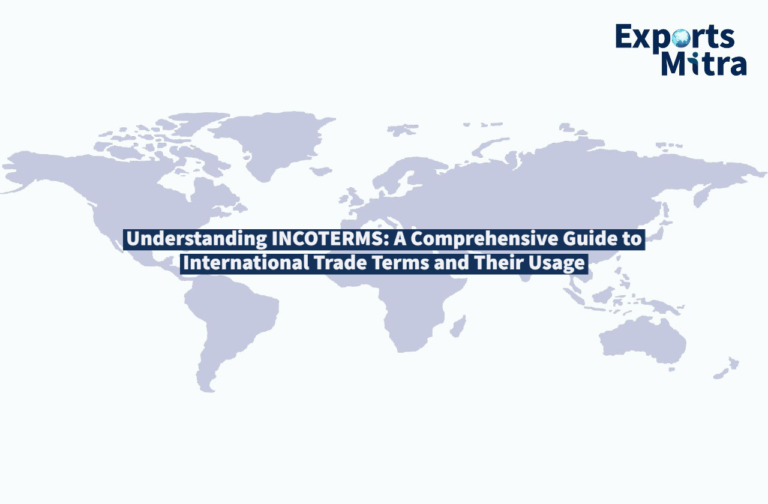How to Start an Export Business in India: A Basic Guide
Exporting is a great way to expand your business and reach new markets. India is one of the world’s leading exporters of merchandise, with a diverse range of products and services. If you want to start an export business in India, here are some basic steps you need to follow:
- Decide what you want to export. You should choose a product or service that has a high demand in your target market, that you can produce or source at a competitive price, and that meets the quality standards and regulations of your destination country.
- Register your business and get a PAN card. You need to register your business entity with the relevant authorities, such as the Registrar of Companies (ROC), Ministry of Corporate Affairs (MCA), or Department for Promotion of Industry and Internal Trade (DPIIT). You also need to obtain a Permanent Account Number (PAN) from the Income Tax Department.
- Get an Importer Exporter Code (IEC). This is a 10-digit number issued by the Directorate General of Foreign Trade (DGFT) that allows you to import or export goods or services from India. You can apply for an IEC online through DGFT’s website.
- Obtain other licences and registrations. Depending on your product or service, you may need other licences or registrations from various agencies, such as Customs, Export Promotion Councils (EPCs), Commodity Boards, etc. You should check with these agencies before exporting.
- Find buyers and build relationships. You can use various sources to find potential buyers for your product or service, such as trade fairs, online platforms, trade directories, embassies, etc. You should also communicate effectively with your buyers and establish trust and credibility.
- Secure financing for your export business. You may need funds to cover various costs involved in exporting, such as production, packaging, transportation, insurance, etc. You can seek financing from various sources, such as banks, government schemes, private investors etc.
- Deliver as promised. Once you have received an order from your buyer, you should ensure that you deliver the goods or services as per the agreed terms and conditions, such as quality specifications, delivery time, payment method, etc. You should also provide proper documentation, such as invoices, packing lists, bills of lading, certificates of origin, etc., to facilitate smooth clearance at customs.
By following these steps, you can start an export business in India successfully and take advantage of the global opportunities available for Indian exporters.






